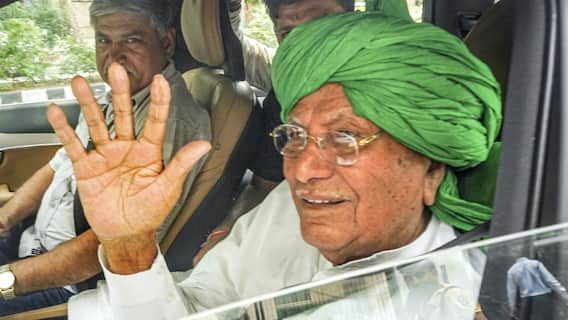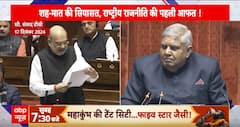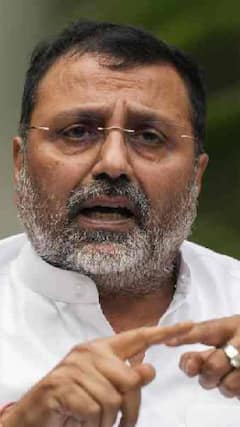Small Savings Act amended to allow flexibility to investors

New Delhi [India], Feb 14 (ANI): In order to remove existing ambiguities due to multiple acts and rules for small saving schemes and further strengthen the objective of "Minimum Government, Maximum Governance", the Finance Ministry on Tuesday proposed a merger of the Government Savings Certificates Act, 1959 and the Public Provident Fund (PPF) Act, 1968 with the Government Savings Banks Act, 1873.
With a single act, relevant provisions of the Government Savings Certificates Act, 1959 and the Public Provident Fund Act, 1968 would stand subsumed in the new amended act without compromising on any of the functional provision of the existing act.
All existing protections have been retained while consolidating PPF Act under the proposed Government Savings Promotion Act. No existing benefits to depositors are proposed to be taken away through this process, the ministry said.
The main objective in proposing a common act is to make implementation easier for the depositors as they need not go through different rules and acts for understanding the provision of various small saving schemes, and also to introduce certain flexibility for the investors.
Apart from ensuring existing benefits, certain new benefits to the depositors have been proposed under the bill. These include:
- As per PPF Act, the PPF account can't be closed prematurely before completion of five financial years. If a depositor wants to close PPF account before five years in exigencies, he can't close the account. To make provisions for premature closure easier in respect of all schemes, provisions could now be made through specific scheme notification. The benefits of premature closure of Small Savings Schemes may now be introduced to deal with medical emergencies, higher education needs, etc.
- Investment in Small Savings Schemes can be made by guardian on behalf of a minor(s) under the provisions made in the proposed bill guardian may also be given associated rights and responsibilities.
- There was no clear provision earlier regarding deposit by minors in the existing acts. The provision has been made now to promote a culture of savings among children.
- There were no clear provisions in all the three acts for the operation of accounts in the name of physically infirm and differently-abled persons. Provisions in this regard have now been made.
- As per existing provisions of the acts, if a depositor dies and nomination exists, the outstanding balances will be paid to the nominee(s). Whereas, the Supreme Court, in its judgement, stated that the nominee(s) is merely empowered to collect the amounts as trustee for the benefit of legal heirs. It was creating disputes between the provisions of the acts and verdict of Supreme Court. Hence, the right of nominees has now been more clearly defined.
- In the existing acts, there is no provision for the nomination with regard to an account opened in the name of a minor. Further, existing acts say that if account holder dies and there is no nomination and amount is more than prescribed limit, the amount shall be paid to legal heirs. In this case, the guardian has to obtain succession certificate. To remove this inconvenience, provisions for the nomination with regard to an account opened in the name of minors have been incorporated. Further, the provision has been made that if the minor dies and there is no nomination, the balances shall be paid to the guardian.
- The existing acts are silent about grievance redressal. The amended act allows the government to put in place mechanism for redressal of grievances and for amicable and expeditious settlement of disputes relating to small savings.
- The above provisions which are proposed to be incorporated in the amended act will add to the flexibility in the operation of the account under Small Savings Schemes.
Apart from offering higher interest rates compared to bank deposits, some of the small savings schemes also enjoy income tax benefits. No change in interest rate or tax policy on small savings scheme is being made through this amendment, the finance ministry clarified. (ANI)
This story has not been edited. It has been published as provided by ANI
Trending News
Top Headlines






































